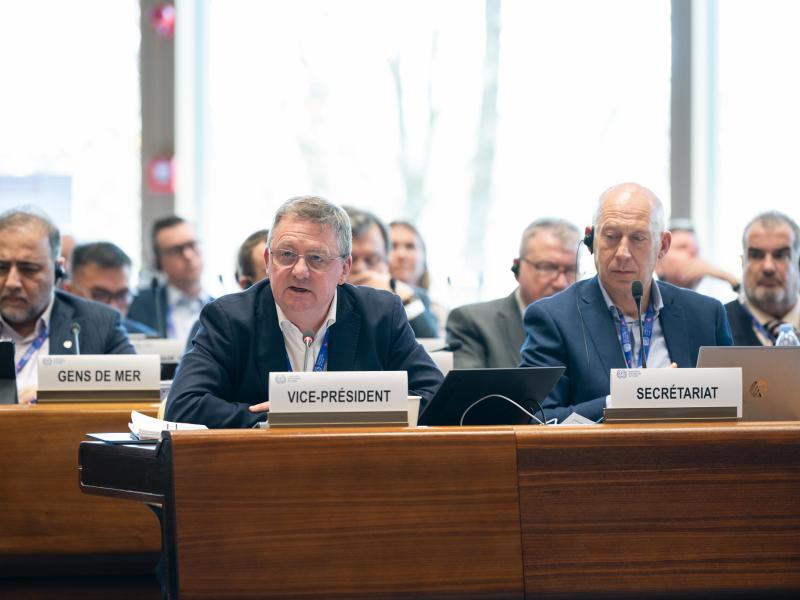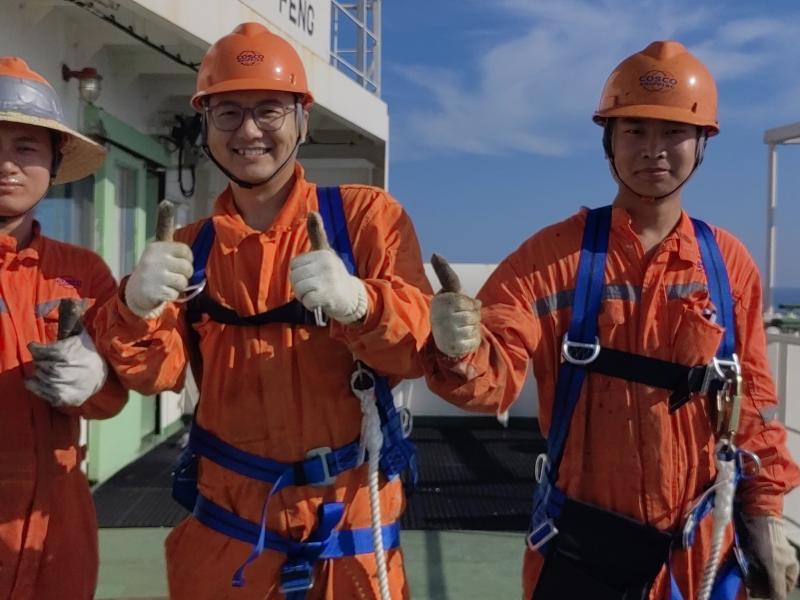An ILO technical meeting on the future of decent and sustainable work in urban transport services is taking place this week, with some delegates travelling to Geneva to participate in person while others join remotely from around the world.
ILO technical meetings are tripartite discussions dedicated to a particular sector or issue that build towards calls for action for governments, employers, unions and the ILO itself on the issue. The ILO has not hosted one related to public transport since 1965.
“Public transport workers have been on the front line of the pandemic in almost every country, maintaining vital services so that others like nurses and doctors have been able to do their jobs. Many workers have died in the line of duty to keep our cities connected,” said Wol-san Liem, who is leading the workers’ delegation for the week.
“Almost two years on from the start of the Covid-19 pandemic, there could not be a more important time for governments, employers and unions to sit down and consider the challenges to decent work in the public transport sector worldwide,” said Liem.
The technical meeting will consider a range of critical issues affecting public transport, in addition to a focus on occupational safety and health in response to the devastating impact of the Covid-19 pandemic. These additional areas include: the expansion of informal work and non-standard forms of employment, including through the gig economy; gender-based occupational segregation; the impact of new technologies; the role of the sector in reducing overall greenhouse gas emissions; the impact of contracting out and subcontracting; and new trends towards insourcing and remunicipalisation.
As the global union federation representing transport workers, the ITF is the prime mover in the workers’ delegation to the technical meeting. As mentioned, the delegation is led by Wol-san Liem, Director of International Affairs for the Korean Public Service and Transport Workers Union (KPTU) and Vice-Chair of the ITF Urban Transport Steering Committee, and includes representatives from some of the key ITF-affiliated unions in the sector. The International Trade Union Confederation (ITUC), Public Services International (PSI) and the Global Labour Institute (GLI) also form part of the delegation.
This week, the workers’ delegation will be bringing forward two resolutions for tripartite agreement. The first calls for worker-led formalisation of informal services and jobs, ensuring that public transport workers in many cities of the global south have access to fundamental labour rights, decent jobs and a just transition. The second highlights the need for governments to reinvest in public transport, both to drive the economic recovery from the pandemic and assist the fight against climate catastrophe.
In addition, the delegation will make a strong case for a rights-centred approach to public transport, which recognises it as a basic service to which all should have equal access. This includes the protection of fundamental rights for all workers in the sector, including women and young workers and workers in private and subcontracted companies, informal services and the gig economy.
“We look forward to constructive and fruitful engagement with the government and employers’ delegations, and to conclusions and resolutions from the meeting which can support jobs and services in a thriving public transport sector in the years and decades to come” said Liem.



